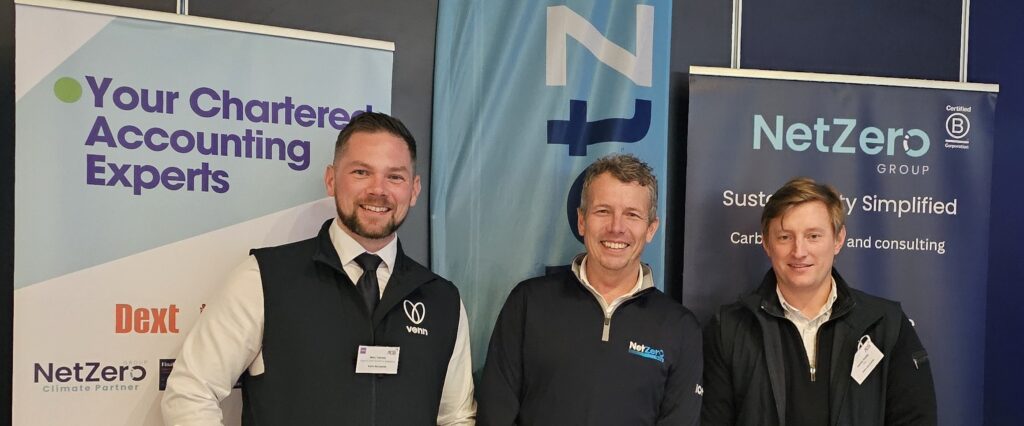The government’s R&D tax relief scheme looks attractive, with 230 per cent in tax relief available on your investment, but what if you’re starting up from scratch?
Can you still claim?
There are certain criteria your project needs to meet to qualify for R&D tax credit, and there may be some misunderstanding about whether these apply to bootstrapping tech startups.
But you don’t have to miss out on claiming for your R&D just because you’re starting up, providing your work fulfils the government’s qualifying conditions.
What Does the R&D Tax Credit Scheme Offer?
If a UK company registered for corporation tax takes part in innovative work, then the Government will give it tax credits.
However, that work must qualify for these credits by overcoming a specific scientific or technical challenge.
As long as the work addresses a scientific or technical uncertainty, it could qualify.
The definition of qualifying R&D work is broad, but it should involve:
- Creative work that’s non-routine and includes novel elements or outcomes
- A systematic approach, so it’s not a one-off discovery
- Work that increases the general store of knowledge – not just within your company
- Work that’s in the fields of science or technology
How Do You Know if Your Work Qualifies?
Within the broad definition of a project that seeks to advance technology and overcome a level of uncertainty, there’s plenty of work that can qualify for R&D tax credits.
For example, R&D tax credit can apply to website development if this involves some form of innovative project work, such as technical site improvements, UX design or technology involved in conversion rate optimisation (CRO).
In fact, the scheme is ideal for tech startups, because for many of them, their initial drive comes from recognising that there’s a gap in the market they can fill using innovation.
Innovation can make you an ideal candidate for R&D tax relief. Research and development is not restricted to scientists and engineers – you can innovate within the fields of science or technology but still adopt an entrepreneurial approach.
What Costs Qualify for R&D Relief?
There are five categories your costs can come under to qualify for relief:
- People – salaries, employees, NICs and pensions
- Subcontractors – third parties that work on your project
- Raw materials – consumables such as chemicals and electronics used in testing and prototyping
- Software – software licences you use to deliver your innovation
- Utilities – heat, light, power
As a startup, even if you don’t have employees, you can still apply, providing your costs come under one of these categories.
If you don’t turn a profit you can claim too. Loss-making companies can claim R&D tax credits, and for many SMEs, this can be a real benefit – they can carry forward losses or convert them into cash to improve cash flow.
How Do You Choose an Accountant for Your Startup?
When you’re choosing an accountant you want to find someone who understands your type of startup, as well as someone who will also be able to meet your specific business needs.
If, for example, you’re a tech startup, you should be looking for the kind of professional accounting support that has experience in this sector.
Your accountant should also be prepared to provide a person-to-person level of interaction, so you always know who you’re dealing with.
This helps build the essential trust you need to work with an outsourced accountancy service.
Points you should note include:
- Qualifications and membership of associations
- Services they offer, including essentials such as accounting software
- Level of customer service
- Fees
- Who will you be dealing with on a day to day basis?
- How many clients does the accountancy firm have?
Making the most of having an accountant to support your business means building and maintaining a good working relationship with them.
This means making regular contact, and keeping your finances well-organised. Helping your accountant enables them to help you.
Startups and other SMEs can require different levels of accounting support, but it’s always worth reviewing the service you get regularly. Maximise what your accountant can do for you and take advantages of the services and insight that will benefit your business.
How Do You Claim?
Getting your claim right might seem daunting, but if you get good R&D tax relief advice, navigating your way through the process, and including the right qualifying information will be much clearer and more straightforward.
Venn Accounts are cloud-based accountants specialising in support for SMEs, including tech companies and startups.
Discover how we can help you with claiming R&D tax relief, call us on 020 8088 2590, email enquiries@vennaccounts.com or fill in our contact form and we’ll be in touch as soon as possible.






